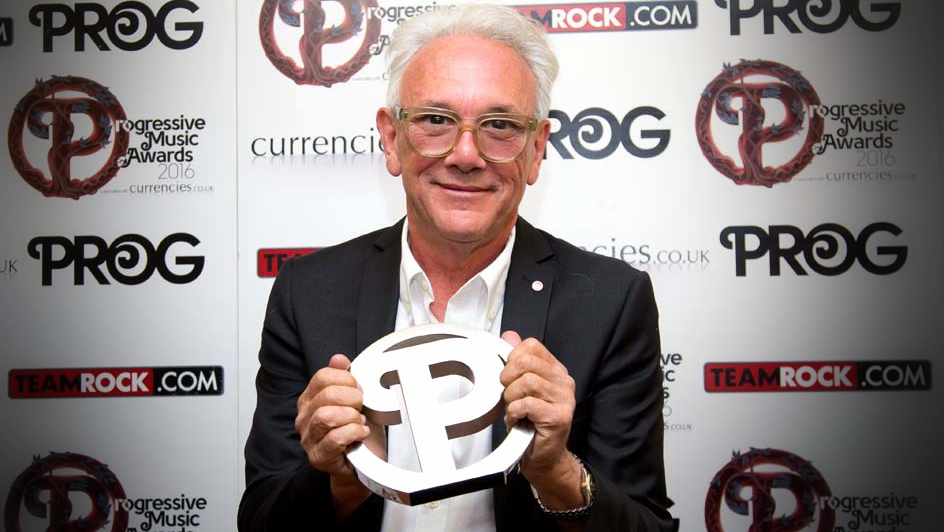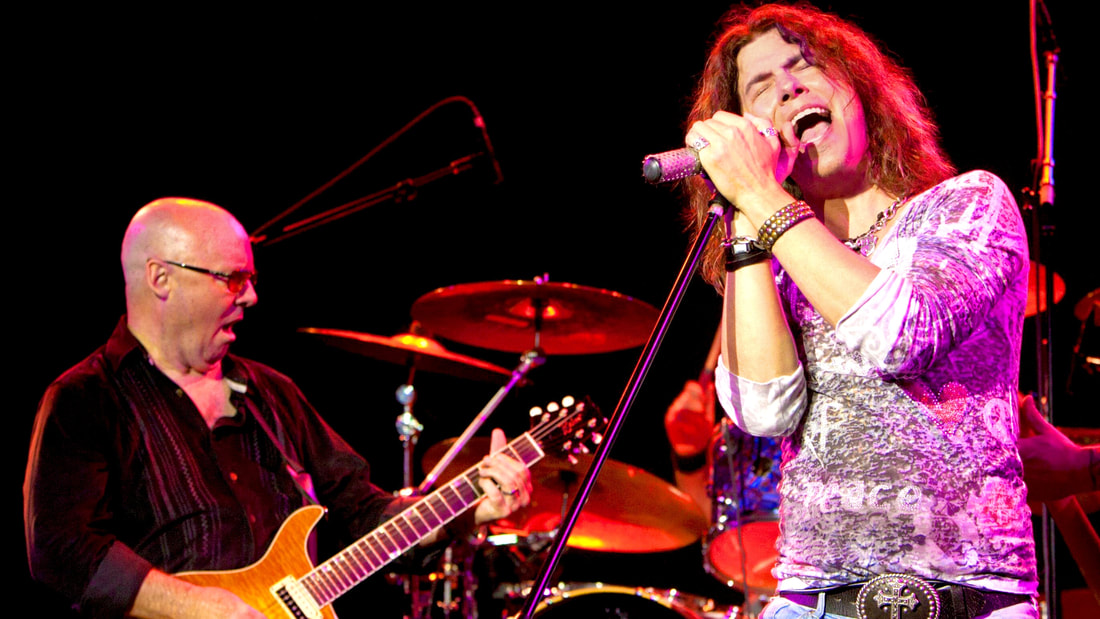Listening
Let's get one thing straight: you don't need to be a professional musician to write a strong music essay. Just listen closely, note your observations, and formulate your opinion.
When people listen to music, they usually do it casually. We just enjoy it without paying attention to the elements of music and their combinations. However, if you need to write an essay on a certain musical piece, you need to be more attentive. Try to determine what strikes you most. It can be:
● Density (number of instruments, textures);
● Duration (rhythmic patterns, length of notes, tempo, beat);
● Dynamics (changes in volume, accented notes);
● Genre and style;
● Harmony (chords, tension, diatonic tonality);
● Melody (patterns, modulation, range, register, intonation);
● Relationships between musical elements;
● Structure (repetition, development, inversion, sequence);
● Timbre (muting, bowing, tapping, electronic altering of tone).
Listen closely to the music several times and try to focus on different aspects with each listening. Make sure you note down your observations as your insights will help you with analysis and evaluation.
Planning and Drafting
Start working on your draft by mapping out the outline. Identify what you will include in your essay, in what order, and what evidence you'll use to prove the thesis. Divide your essay into an introduction, body, and conclusion. You can also check EssayHub writing guides to get a better understanding of what your essay should look like.
● Introduction
Provide some background information about the piece, its composer, musicians, and historical context. Don't forget to write a strong thesis statement as the last sentence of the paragraph. It's a central idea that defines the focus of the whole piece.
● Body
The body of a music essay usually includes three paragraphs, each focused on one particular idea that supports the thesis statement. This is the part where you discuss your observations and show your knowledge of the subject matter.
Each paragraph of the body should also be structured. Include a topic sentence, evidence, supporting detail, and concluding sentence. Make sure you add transition words to create smooth connections between sentences and paragraphs.
Pay some extra attention to the choice of evidence. It will make your writing more solid and trustworthy. Select information carefully and organize it around your argument. Think about how different musical elements and compositional devices of the piece contribute to its meaning. Incorporate evidence either in chronological order or the order of importance, but make sure you include only those details that help to prove your argument.
● Conclusion
Write a memorable conclusion by restating your thesis statement and summarizing the key points of your argument.
Language
● Technical Language
Technical vocabulary is important as it allows you to describe music in detail. However, when writing an essay, your goal is to keep it as clear as possible. So be careful with elaborate terms, and don't assume that the reader knows all of them and has the same background as you do.
● Metaphors
Your music essay may also benefit if you explain your observation with the help of metaphorical language. It's a good way to convey your reaction to music and make writing more vivid. The technical vocabulary alone describes some objective observations (i.e., what's actually happening in the music), but metaphors are much better at conveying the expressive qualities of the analyzed piece and emotions it evokes in the audience.
Metaphorical language adds some unique comparisons and associations that make analysis more robust. However, like in the case of technical language, it's not a good idea to use metaphors just for the sake of using them. Every element of your essay should be relevant and valid; otherwise, it won't help your argument or may even weaken it.
Editing
The editing stage of the writing process is crucial. It allows you to polish your draft and make sure it's error-free. Don't forget to address not only spelling and grammar issues but also the structure and flow of the paper. Double-check your references and citations, and make sure you cite all the sources you refer to in the piece, including musical recordings.
The Final Words
To write a strong music essay, you need to find an angle. Don't be afraid to say something "wrong." If you can provide enough evidence to justify your opinion, feel free to write whatever you want and let your personality shine through. Being attentive to detail and building a plausible argument are key to writing a music essay. Follow the process step by step: observe, gather evidence, plan, write, and proofread. We hope our tips will come in handy and help you craft a top-notch essay in music.









